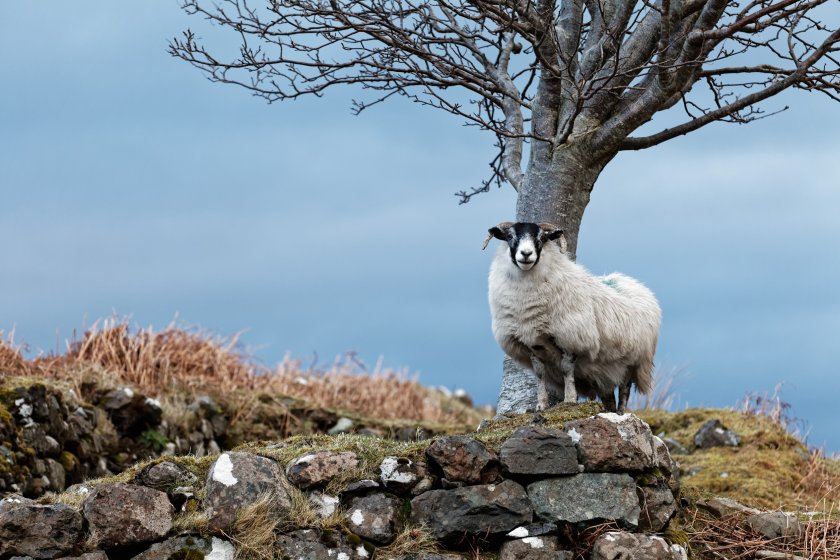Fears over food production as Scotland searches for new national park

Fears have been raised over the prospect of new national parks in Scotland as tourism could be promoted over food production and farming.
The Scottish government has opened the process for organisations and the public to submit proposals for Scotland’s next national park.
Currently, there are two national parks - the Cairngorms and Loch Lomond and the Trossachs - with the devolved government hoping to extend the number.
Potential contenders include Ben Nevis/Glen Coe/Black Mount, the Cheviots and Border Hills, Galloway, a Coastal and Marine Park, Glen Affric, Wester Ross and the Isle of Harris.
But there are concerns that the creation of a new national park would de-prioritise farming, even though agriculture is likely to be the predominant land use.
In announcing the process of appointing a new park, the Scottish government did not mention agriculture, food production or agri-tourism, despite these being key drivers of the rural economy.
NFU Scotland’s environmental policy manager, Sarah Cowie said the government's choice of wording was disappointing, which would in turn cause concern for farmers.
“We accept the fact that we have to take action on climate change... but our members are unconvinced that a new national park is the best way to do this," she said.
"We’re unclear on what the added value of a national park is and believe its objectives can be achieved through other existing means such as economic development agencies, regional land use partnerships (RLUP) and tourism bodies.
“For farming businesses to be profitable and sustainable, they have to invest and grow, and there are concerns that national parks are just another layer of bureaucracy which won’t deliver for those living and working in the area."
Some of NFU Scotland's members in the existing two national parks in Scotland say they have failed to make a positive contribution to farming.
Tourism and attracting more visitors to an area is the main driver of a national park, they say, and that this is then prioritised over agriculture and food production.
According to NFU Scotland, this has resulted in a failure to retain local people to the area and protect local businesses which ultimately, has a detrimental impact on the rural economy.
Ms Cowie added: “We have heard other concerns... they have evidence of overcrowding, congestion, irresponsible access, livestock attacks by dogs and other antisocial behaviour.
"We recognise the benefits of public access, but it must be managed in a balanced way with support available for land managers where there are issues.
"The key step the Scottish government has to take in order to strike this balance is to ensure lessons are learned from the mistakes of the current two national parks."
The next national park will be announced before the end of this parliamentary session, in 2026.








